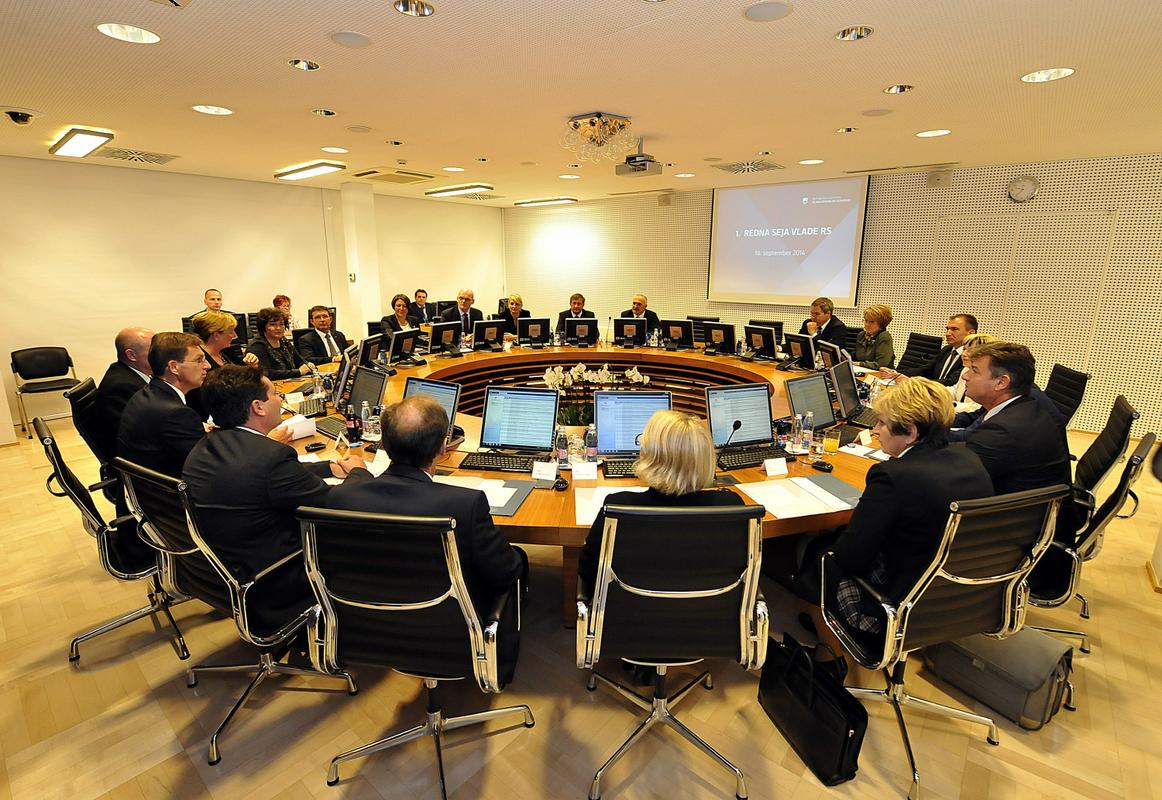Last week, it transpired that the government of Miro Cerar stopped transcribing government sessions in December. According to the government, the reason was the need to cut costs. Transcription is very labour-intensive, while general secretaries and all those who had access to these transcripts usually did not read them. The government decided to redeploy its transcribers to other departments. This was the official reason given by the government.
However, it is likely that their decision was influenced by the fact that many wanted to obtain a transcript of the government’s July session, when members of the government were debating the nomination of Alenka Bratušek for EU commissioner. The transcript was marked classified, but the information commissioner ruled that no classified information had been discussed at the session. Her decision is now being challenged by the government.
Even though the media say that the government’s aim is to withhold information, not much has changed. Government sessions are still being recorded, and the audio recordings are still available. Whether the government will hand them over is another matter, though. Information Commissioner Mojca Prelesnik stressed that the new privacy regulations are even worse for the ministers because listeners will be able to hear their voice and other things that are not recorded in the transcripts.
Slovenia more transparent than other countries
Cross-country comparisons are very popular in Slovenia, so MMC decided to compare regulations across Europe. The Swedish government said it neither records nor transcribes its sessions. Sessions are generally not open-door. However, all decisions adopted by the government are open to the public.
The situation is similar in Estonia. Government sessions are closed-door unless the government decides otherwise – which is a rare occurrence. Government decisions are public, but arguments used in the decision-making process are not. Estonia has received international acclaim for its electronic solutions in the legislative process.
Iceland is another country in which government sessions are generally closed to the public. The government has to publish its agenda on its website after every session. Althingi’s proposal to record its sessions was not adopted in Iceland’s 2012 Information Act, but the government’s decisions have to be public. The German government said that government session recordings are closed to the public for 30 years.
Other government bodies to follow?
The new rules in Slovenia are not unusual in Europe. However, another important aspect has to be taken into consideration here, former Information Commissioner's legal advisor Polona Tepina remarked on her blog. She said that the government was in no way obliged to publish the transcripts of its sessions, but its recent decision could mean that other government bodies may follow suit. “A document that doesn’t exist won’t cause any problems. It’s a dangerous precedent that could result in hidden or destroyed documents. After all, it’s easier to say that a document doesn’t exist than deal with pesky journalists, exceptions to rules and supervisory authorities,” Tepina warns, wondering whether the government could decide to stop recording its sessions altogether.


































































